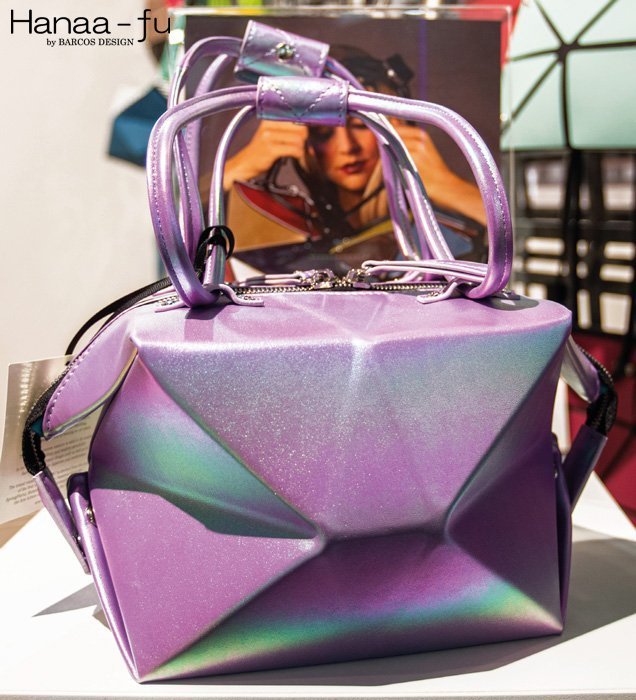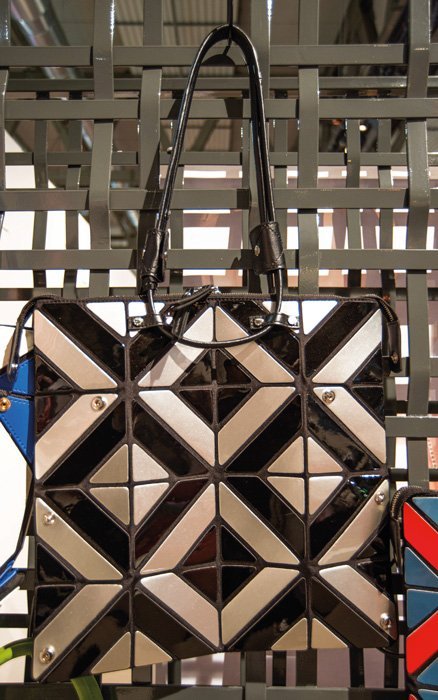
Foldable and continuously changing like a sheet of paper for origami. Hanaa-fu’s bags embody some fundamental principles of Japanese culture.
Sometimes the sustainability of a product lies in its concept and not (just) in its material or production process. It’s Hanaa-fu’s case: the japanese brand by Barcos design offers a rather innovative concept for the world of fashion, that of reusability.
In a market sector where the imperative is to change, while other brands aim to maximize sales through new collections, Hanaa-fu’s idea is to provide a versatile bag that can meet multiple needs and therefore be “retired” as late as possible. Less bags, less waste -in short.
Takashi Yamamoto is the mind behind it all. The japanese designer was inspired by the traditional art of origami and its philosophy of the eternal life cycle of form when he conceived Hanaa-fu’s folding bag, capable of transforming itself into five different forms. It took Yamamoto many years to refine this concept, he wanted it to be simple but perfect, ingenious but minimalist in appearance. Just like in origami, every fold of the bag must be extremely precise and therefore the construction of each unit is a meticulous process, just as the design was very accurate.
Sustainability of the design means sustainable use: the keyword is versatility. Why use five different bags when you can use just one? Hanaa-fu bags can go all the way from a roomy tote bag to a sleek envelope clutch, and you can use them as a backpack too. As for materials, most of them are made in PU and microfiber but the collection includes some leather models too. Finally, an aspect not to be underestimated is the fact that these bags are space-saving: are you traveling? Put a Hanaa-fu in your trolley and, once at your destination, you will have all the bags you need with you. www.barcos.jp

